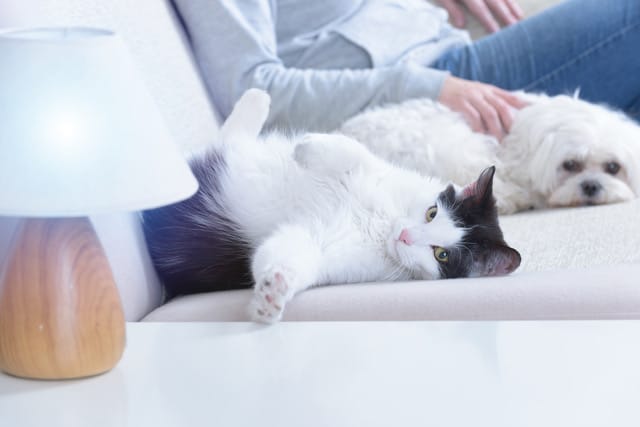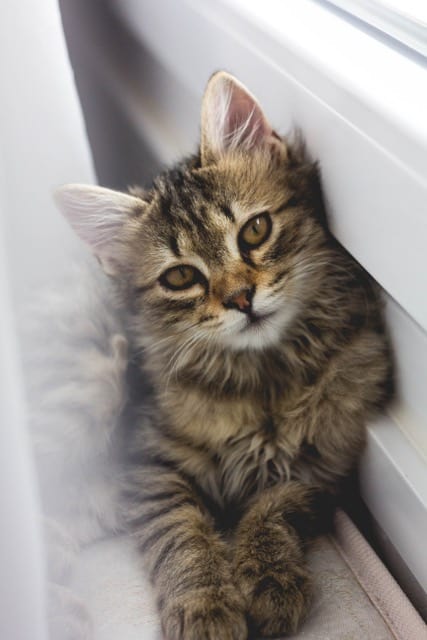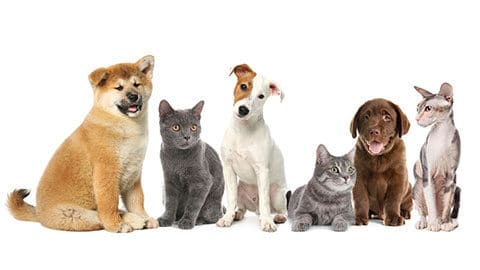Cats Are Not (Even Remotely!) Little Dogs!
Brought to you by Weruva
Obviously, cats and dogs are different species, but because they both live with humans they often get lumped together in peoples’ minds. It’s common for people to think of cats as “little dogs,” but this perception means people are missing the chance to provide for their pets’ true physical and emotional welfare. Sadly, it is the cats who suffer from this assumption of “sameness.” Knowing the differences between what cats and dogs need in their diet and environment means you can provide their best possible life.

Eating Habits
One of the most significant differences between cats and dogs is their optimal dietary needs. Dogs are omnivores, which means they can eat a wide variety of foods. On the other hand, cats are obligate carnivores, which means they require a diet that is high in animal protein — in fact, a diet without carbohydrates that is entirely protein. Cats have a short digestive tract that is not adapted to digesting plant materials and carbohydrates — especially not kibble, which is basically highly processed carbohydrates. This means that feeding a cat the same kind of food as a dog is just not appropriate for the species and can lead to health issues for cats like obesity and problems with kidney and bladder function.

Emotional Needs
Cats and dogs also have different emotional needs. Dogs are social animals and thrive on human interaction and companionship. They are pack animals, and their happiness is often tied to being part of a group. Cats, on the other hand, are independent creatures who value their solitude. While they enjoy human interaction, and some time around other cats, it has to be on their own terms. Cats are often content to spend time alone and do not need the level of attention and affection that most dogs crave but they do need mental stimulation, whether playing with people or interactive toys, using scratching posts, and climbing on elevated perches from which they can look down or outside.
Sociability
Dogs are social animals and by their nature enjoy being around other dogs. They are pack animals and require a certain level of socialization. Dogs are often eager to make new friends, engage in play and experience new places.
Cats are solitary animals by nature and are often content to spend time alone. While some cats are very sociable and enjoy spending time with other animals or people, others prefer to keep to themselves. They can be wary of new cats and people and need time to warm up to new companions, preferring to choose when and how to interact with them. It’s important to respect a cat’s individual personality and not try to force them to be more social than they are comfortable with.
Even Little Dogs Are Not Like Cats!
Cats are not “little dogs” — they are unique and fascinating creatures with their own set of needs and behaviors. Understanding these differences is important for providing them with the care and attention they require. While cats and dogs may have some similarities, it’s important to remember that they are distinct species and require different approaches to their care and well-being. These very different species of animal have distinct needs. Recognizing these differences allows you to provide each animal with the appropriate care and attention they require. By understanding the unique needs of cats, we can ensure that they live happy, healthy lives on their terms, not ours.
—Tracie Hotchner

